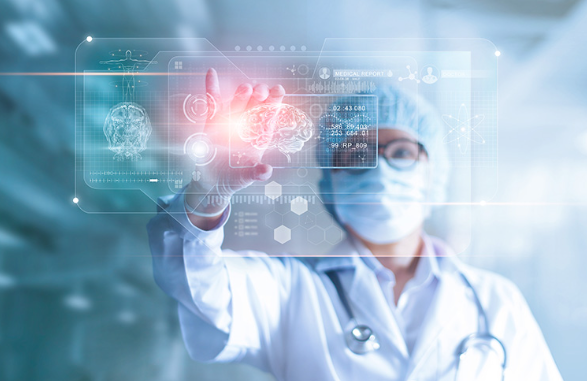
Introduction
Healthcare technology is at the cusp of a revolutionary transformation, promising to redefine patient care, diagnosis, and treatment. This comprehensive guide explores the exciting future of healthcare technology, highlighting the innovative developments that will shape the healthcare industry and improve patient outcomes.
1. The Changing Landscape of Healthcare Technology
We begin by setting the stage for the evolving landscape of healthcare technology, emphasizing the need for innovation in healthcare and the role technology plays in addressing these challenges.
2. Telemedicine and Remote Care
Telemedicine is revolutionizing patient care. We will explore how telehealth technologies are enabling remote consultations, improving accessibility to healthcare, and providing valuable options for patients and healthcare providers.
3. Artificial Intelligence in Medical Diagnosis
Artificial intelligence is transforming medical diagnosis. We will delve into AI applications in radiology, pathology, and other fields, explaining how AI assists healthcare professionals in accurate and timely diagnosis.
4. Wearable Health Devices
Wearable health devices are empowering individuals to take charge of their health. We will discuss how wearable technology, from fitness trackers to medical-grade wearables, monitors vital signs, tracks health metrics, and aids in disease management.
5. Precision Medicine
Precision medicine is personalizing healthcare. We will explore how genetic information, patient data, and AI are combined to tailor treatments to individual patients, increasing treatment effectiveness and reducing side effects.
6. Robotics in Healthcare
Robots are improving patient care and reducing the workload of healthcare staff. We will discuss robotic applications in surgery, rehabilitation, and elder care, and how they enhance healthcare efficiency and precision.
7. Data Interoperability and Electronic Health Records
Data interoperability is streamlining healthcare operations. We will explain how electronic health records and standardized data formats enable seamless sharing of patient information, ensuring comprehensive and coordinated care.
8. 3D Printing in Medicine
3D printing is revolutionizing medical device manufacturing and personalized implants. We will explore how 3D printing technology is used to create patient-specific implants, prosthetics, and anatomical models for surgical planning.
9. Healthcare Cybersecurity
Data security in healthcare is paramount. We will discuss the rising importance of healthcare cybersecurity and how advanced technologies are protecting patient data and medical devices from cyber threats.
10. The Future of Healthcare Technology: Challenges and Opportunities
We will conclude by discussing the challenges and opportunities that lie ahead in the future of healthcare technology, including ethics, regulatory considerations, and the potential for global healthcare transformation.
Conclusion
The future of healthcare technology is brimming with promise. Whether you are a healthcare professional, a patient, or a technology enthusiast, understanding the rapid advancements in healthcare technology is essential for embracing these innovations and their potential to enhance patient care, streamline healthcare operations, and drive progress in the medical field. The continued evolution of healthcare technology will undoubtedly lead to improved patient outcomes, increased accessibility to care, and a brighter, healthier future for us all.